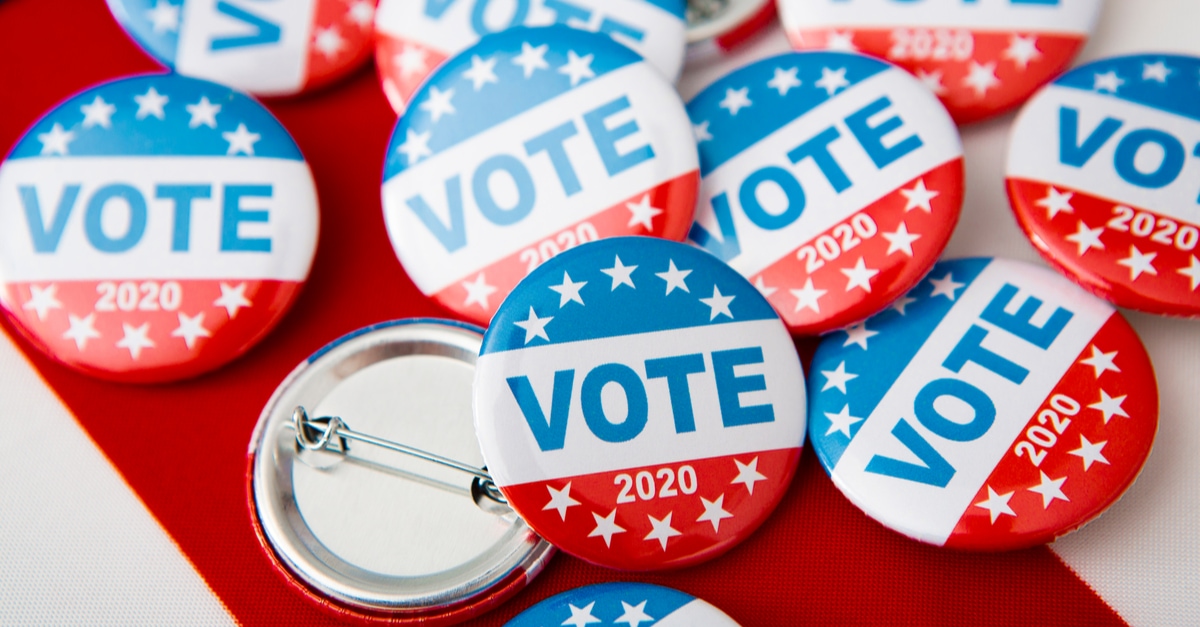According to a court ruling on October 5, certain people with disabilities will be allowed to use videoconference technology to assist with voting in the upcoming election. The Arizona Center for Law in the Public Interest and Arizona Center for Disability Law (ACDL) consider the recent ruling a win for disabled people and for voting equality.
At issue in the lawsuit was whether bipartisan “Special Election Boards” could use videoconference technology to assist voters who, because of COVID-19, may not be able to interact with Special Election Boards in person. For example, videoconference technology may be the only means available to enable voting for some individuals with disabilities who live in long-term care or other assisted living facilities that may be locked down due to COVID-19.
Secretary of State Hobbs and Maricopa County Recorder Fontes argued that videoconference technology should be approved for these types of voters. Gov. Doug Ducey’s office and the Attorney General opposed the practice. ACLPI and ACDL filed briefs explaining that federal law requires reasonable accommodation to protect the rights of voters with disabilities.
“The fundamental tenet of our democracy is that every vote is equal,” said ACLPI Executive Director Danny Adelman. “People with disabilities are entitled to reasonable modifications where necessary to avoid discrimination.”
ACLPI has long fought for election integrity and the civil rights of historically underprivileged groups.

